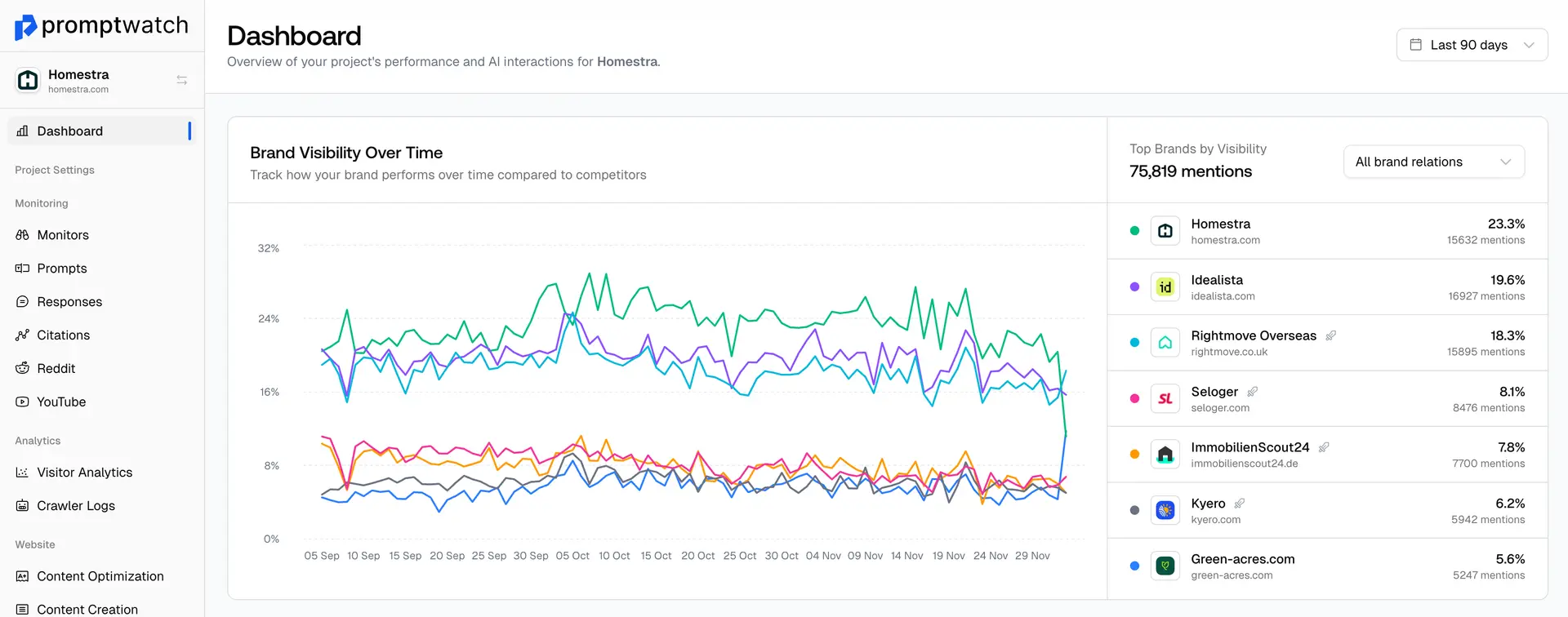Definition
Canonical URLs are the preferred version of a webpage that search engines should index and rank when multiple URLs contain similar or identical content. Implemented through the rel='canonical' link element, canonical URLs help prevent duplicate content issues that can dilute search engine rankings and confuse crawlers.
Common scenarios requiring canonicalization include HTTP vs HTTPS versions, www vs non-www versions, URL parameters for tracking or filtering, mobile vs desktop versions, and content accessible through multiple paths. The canonical tag tells search engines which version of a page should be considered the authoritative source, consolidating ranking signals and preventing content duplication penalties.
For AI-powered search and GEO optimization, proper canonicalization is important because AI systems may encounter multiple versions of the same content during crawling and citation processes. Clear canonical signals help AI models identify the authoritative source to reference, improving the likelihood of proper attribution and citation.
Canonical URLs should be implemented consistently across all pages, point to the most appropriate version of content (typically HTTPS and preferred domain format), be accessible to both users and crawlers, include complete URLs rather than relative paths, and be monitored regularly for accuracy. Self-referencing canonical tags are recommended even for unique pages to explicitly declare the preferred URL format.
Examples of Canonical URLs
- An e-commerce site using canonical tags to designate the main product page as authoritative when the same product appears in multiple categories
- A blog implementing canonical URLs to prevent duplicate content issues from URL parameters used for social sharing or analytics tracking
- A news website using canonical tags to consolidate multiple versions of articles that appear in different sections or with different URL structures
- A business website setting canonical URLs to prefer HTTPS and www versions, ensuring all ranking signals consolidate to the preferred domain format
